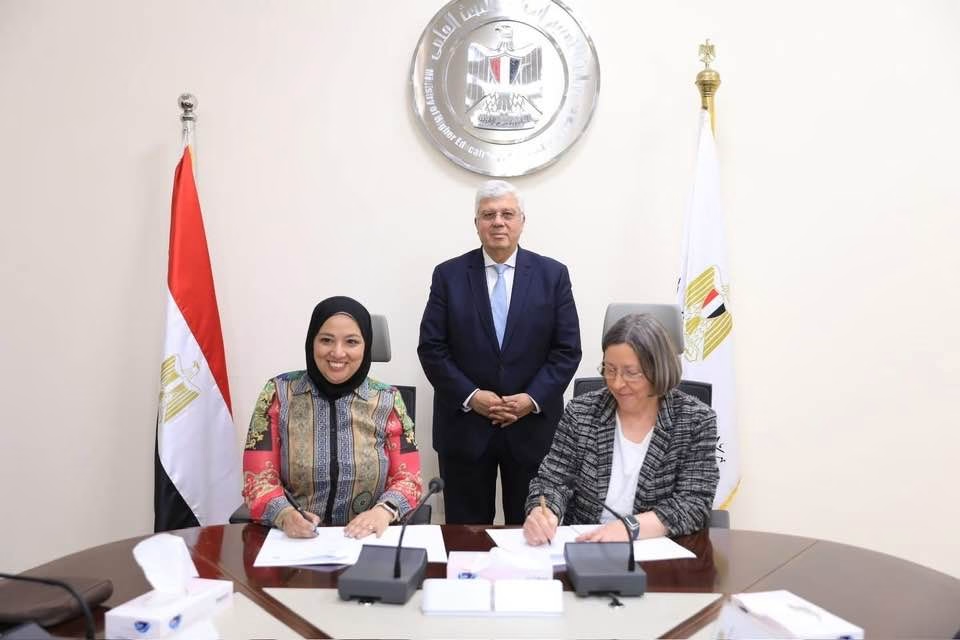INSTITUTE, W.Va.—West Virginia State University (WVSU) and Egypt’s Academy of Scientific Research and Technology (ASRT) have formalized a partnership to co-establish a joint international platform focused on enhancing agricultural resilience, food security and genomic innovation.
The new initiative includes collaboration on cutting-edge research in plant genomics, biotechnology and functional breeding to address challenges relating to food insecurity and regional crop adaptation.
“The fact that West Virginia State University’s genomics research attracted the attention of the Academy of Scientific Research and Technology is a testament to the important work being done by our scientists, faculty members and students,” said WVSU President Ericke S. Cage. “We look forward to the continued advances in the field of genomics that will result from this global partnership.”
The formal agreement, signed in May, provides a framework for faculty and student exchanges, the sharing of genomic data, joint training programs and the co-development of technology. It also represents a $2 million commitment in shared resources, infrastructure and capacity-building efforts between the two institutions.
A delegation from WVSU traveled to the ASRT in Cairo, Egypt, for the signing of the agreement. Representing the university were Deborah Williams, provost and vice president for academic affairs; Dr. Ami Smith, associate provost and dean and director for agricultural research and extension; and Dr. Umesh K. Reddy, professor of genetics.
“This partnership grew from shared conversations about how genomics can directly solve problems facing farmers in Egypt, West Virginia and beyond,” said Reddy, who was one of the lead architects of the agreement. “WVSU’s growing leadership in plant genomics, combined with ASRT’s strategic vision for food and nutrition security, creates an exciting opportunity for global impact and student-driven innovation.”
The program will focus on developing stress-tolerant and nutrient-rich crop varieties using advanced genomic tools, including gene-editing technology, speed breeding, genome-wide association studies and transcriptome profiling. Initial research will emphasize regionally significant crops, including melons, peppers and blueberries.
The collaboration is expected to expand WVSU’s global footprint in genomic science and provide biotechnology students with hands-on international research opportunities and cross-cultural scientific training.
Follow West Virginia State University on Facebook, Instagram @wvsu_official, and X @WVStateU.
-WVSU-
